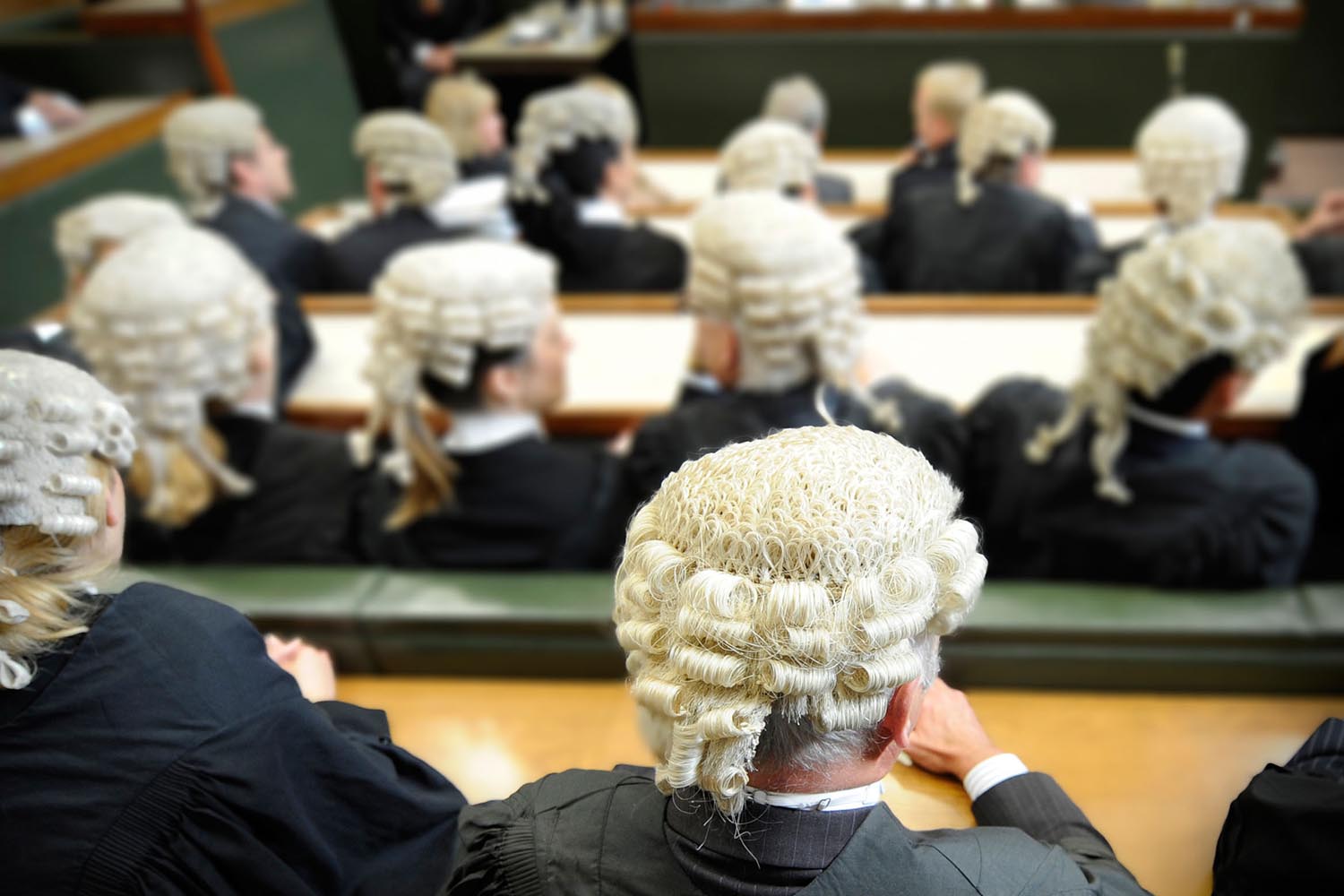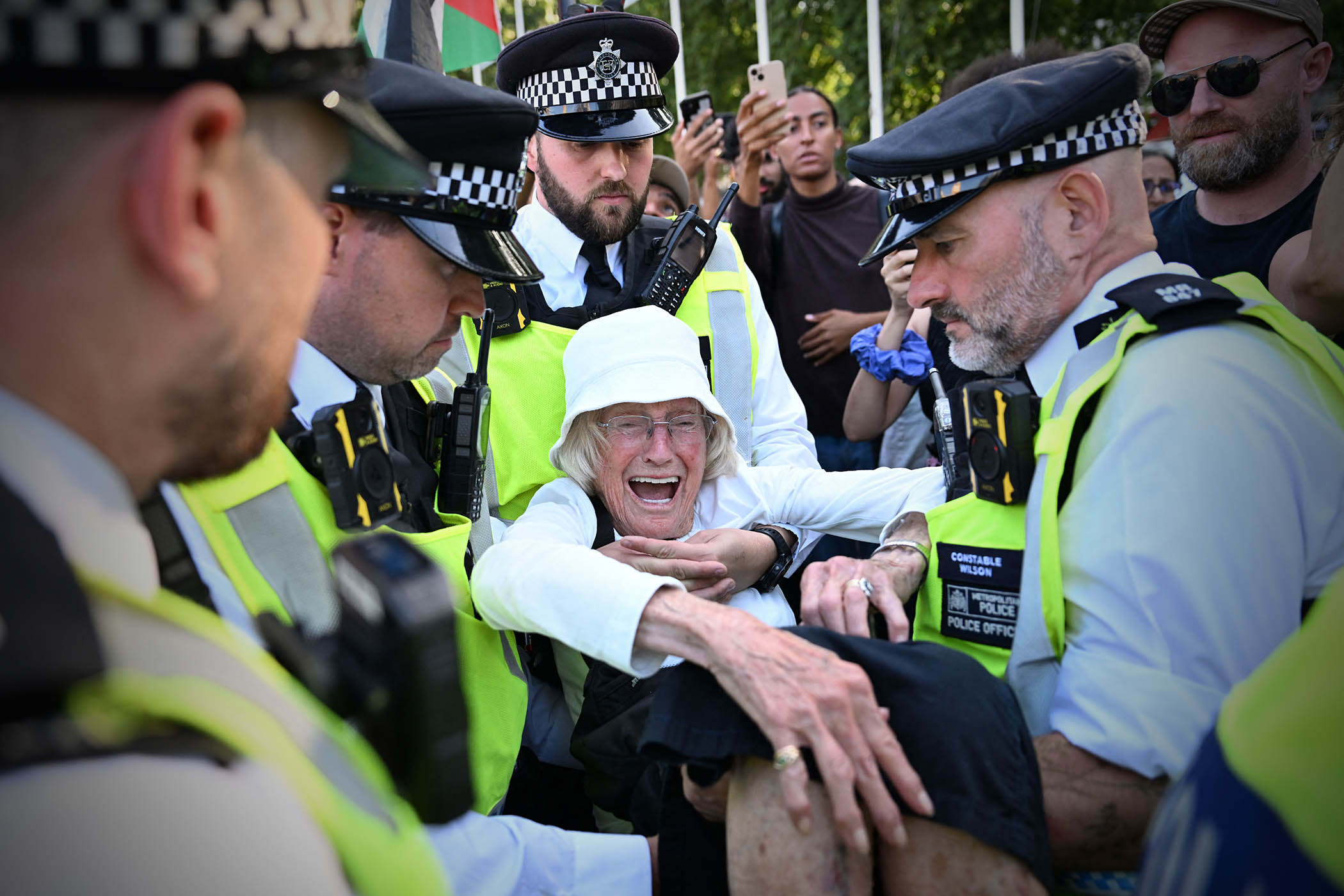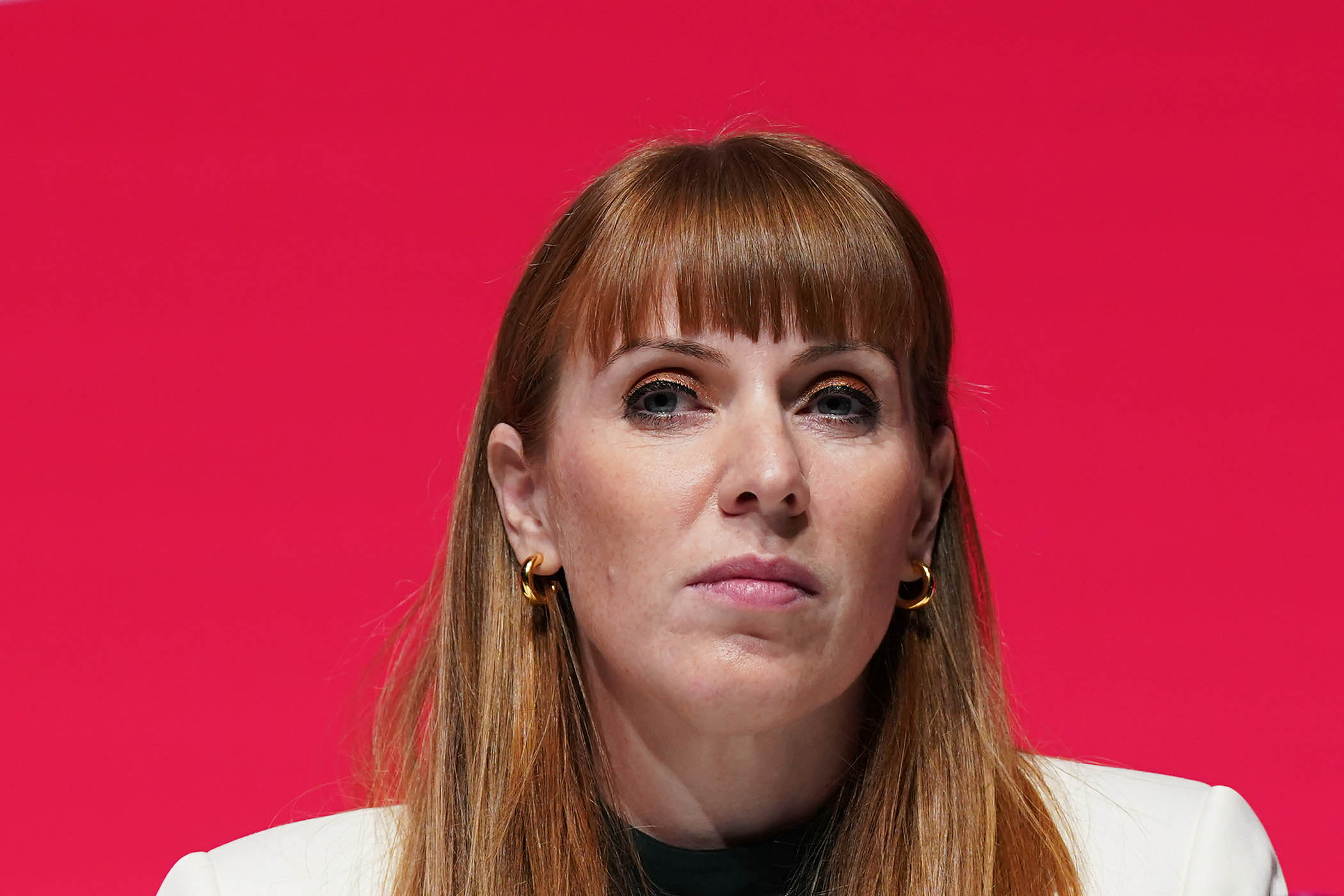At Isleworth crown court the judges seem more remorseful and apologetic than the defendants. Giles Curtis-Raleigh appears almost embarrassed when he tells a young man accused of selling class B drugs: “I’m afraid we cannot deal with your trial until 19 February 2029”. As he releases him on bail, he notes that he is a first time offender and urges him, with an almost fatherly concern, to “stay out of trouble ”.
In another courtroom, a trial is underway involving a rape that was first reported in 2017. The delay in this case has been so long that one of the complainants has died since the charges were brought. Along the corridor, a man is facing charges of kidnapping and GBH involving a samurai sword. This is the third time the trial has been listed – the first was in March 2023 – but it is delayed again until February next year. “It’s very frustrating,” says Neil Griffin, one of the barristers.
The backlog is rising every week at this busy south west London court, yet two of the 14 courtrooms stand permanently empty because there are not enough judicial sitting days. Last year, several more were shut for a fortnight because the heating in the cells broke down, so no prisoners could be brought to stand trial. “We are in an emergency,” says Martin Edmunds, the resident judge.
In January 2019, there were 33,000 cases outstanding in the crown courts in England and Wales. Now there are almost 80,000 and there has been an 11% rise over the last year. The backlog includes 3,808 rape and 12,532 sexual offence cases.
These are not just statistics. Each case represents victims, complainants and defendants whose lives are on hold. Anna Soubry, the former Tory MP who returned to the criminal Bar after leaving politics, says: “I had one young man who was accused of rape and it took five years for his case to be heard. By the time it came to trial, he had got married and had two children. The woman had completed her A-levels and her degree. There are people who have lost their jobs while they’re waiting. It’s really shocking.”
This week, the retired judge Sir Brian Leveson will publish his recommendations for reform of the courts system. He will propose that, in order to speed up the delivery of justice, thousands of people should lose the right to a jury trial. Instead of being heard by a panel of 12 members of the public, less serious cases would be dealt with by a new intermediate court, involving a judge and two magistrates. Some cases – such as complex fraud cases – could be heard by a judge sitting alone. The government is expected to back his plan.
The reforms set out in the independent review will be controversial but Leveson insists the crisis in the courts is so great that radical change is urgently required. In an interview with The Observer, he says: “There is no choice. We cannot carry on with the present system … Justice delayed is justice denied.”
There’s no choice. We cannot carry on with the present system. Justice delayed is justice denied
There’s no choice. We cannot carry on with the present system. Justice delayed is justice denied
Sir Brian Leveson
At the moment, the most serious cases can only be tried in the crown court, and the least serious in a magistrates’ court but a large number can be tried either way. Defendants can opt for their cases to be heard by a jury in the crown court.
The intermediate court would deal with some of these cases – perhaps those involving a maximum sentence of two or three years. These trials would take a fraction of the time, freeing up space for the most serious cases to be heard by a jury. The offences heard in the intermediate court could include theft, handling stolen goods, criminal damage and some forms of assault.
It will be for parliament to decide “where to draw the limit”, Leveson says. “But the critical thing is, the less serious offenses do not, it seems to me, justify the highest and lengthiest type of trial process.”
Newsletters
Choose the newsletters you want to receive
View more
For information about how The Observer protects your data, read our Privacy Policy
Critics say the reform would undermine a fundamental principle of the justice system, dating back to the Magna Carta, but Leveson insists this is a “total misunderstanding” of the historic rights that must be protected. “What you are entitled to is a fair trial.”
When it comes to complex fraud cases, a specialist judge may, in his view, be better equipped than a jury. “I don’t understand derivatives or futures trading and I’m prepared to wager a pretty large sum of money that most people don’t, and yet we call upon 12 people randomly selected to try these cases,” Leveson says. “Is this a sensible use of resources when trials take nine, 12 months or longer? The jurors are human beings too. They’re called for two weeks and, if you then ask them to serve for nine months, what happens to their jobs, their livelihoods?”
Shabana Mahmood, the Lord Chancellor, supports the idea of an intermediate court. “The only question for us is what goes in there, rather than whether it happens,” says a source at the Ministry of Justice. Keir Starmer, a former director of public prosecutions, is also in favour of the plan.
Mary Prior, chair of the Criminal Bar Association, says the court system is now at the “accident and emergency, firefighting” stage, but she warns against rushing to dismantle the jury system. “One of the reasons we maintain confidence in the trial process is because we involve our own community in trials to decide verdicts in serious criminal cases. Juries work.”
But Claire Waxman, the victims’ commissioner for London, believes a new intermediate tier would “deliver swifter justice” for victims and help restore trust in the criminal justice system. “Transformation must happen without delay,” she says. “Each day of inaction leaves victims waiting longer for justice, more likely to withdraw and emboldens offenders to act with impunity.”
“Each day of inaction leaves victims waiting longer for justice, more likely to withdraw and emboldens offenders to act with impunity.”
“Each day of inaction leaves victims waiting longer for justice, more likely to withdraw and emboldens offenders to act with impunity.”
Claire Waxman, the victims’ commissioner for London
Ian Burnett, the former lord chief justice for England and Wales, argues that the reform would also lead to fewer “tactically maintained guilty pleas [made] in the hope that the case will collapse as a result of delay.” He says: “More money is not a sufficient answer to the immediate crisis. The need for change is urgent. I hope the government moves swiftly when it receives the recommendations and that the legal profession moves away from instinctive opposition to radical change.”
The plan for an intermediate court is supported by five former Lord Chancellors, both Labour and Conservative. Alex Chalk KC, who held the role under Rishi Sunak, says that the jury system is “incredibly important” but must be reserved for the most serious cases. “It’s a Rolls-Royce system but if you have too many Rolls-Royces on the road, it’s no longer a Rolls-Royce experience because there’s just too much congestion.” Without reform of the kind proposed by Leveson, the current situation in the courts is, in his view, “irrecoverable”.
Jack Straw, Lord Chancellor under Gordon Brown, argues that the current division between the cases heard with and without a jury is “arbitrary and irrational”. He adds: “It’s totally illogical and it’s wrong in principle for defendants to have an absolute right to choose their mode of trial … Those who say it’s the end of birthright liberties are talking nonsense.”
The courts crisis has been building for more than a decade. Between 2009-10 and 2022-3, the justice budget for England and Wales fell 22% in real terms. The last government cut barristers’ fees, sold court buildings and reduced the number of judicial sitting days. Even before the pandemic the backlog had started to rise. Then Covid struck, the courts had to close and the outstanding caseload rocketed. The 2022 barristers’ strike, which secured a 15% pay rise, exacerbated the problem.
Mahmood has recently boosted the number of judicial sitting days and allocated more money for repairs, but inefficiencies have spiralled. On Friday, a fifth of the crown courtrooms in England and Wales did not sit. In the year to September 2024, almost 26,000 Crown Court trials listed did not go ahead. About a third of these were so-called “ineffective” trials, adjourned on the first day.
At Maidstone crown court last year, a murder trial had to be postponed after the roof leaked and a courtroom flooded. The judge spent the day mopping the floor. On another occasion, a disabled juror had to be discharged two weeks into a case because all five lifts were broken and there was no wheelchair access.
Hull crown court was recently forced to close because of an infestation of fleas, then the toilet broke and the barristers found excrement pouring down the walls of the robing room. In Derby, the heating is controlled from Birmingham so jurors find themselves sitting in courtrooms which are freezing cold in winter or boiling hot in summer.
The technology is also woefully out of date in many courts. One lawyer recalls how a pre-recorded interview with a vulnerable witness, a 15-year-old girl, had been lost because the crucial evidence had been stored incorrectly on the court database.
Back in Isleworth, Curtis-Raleigh thanks the jurors in one trial for doing their civic duty. “The strength of the jury is in its variety of viewpoints, it’s a good reflection of society and as a result it’s the gold standard of the justice system,” he says.
Then it is on to the next case. A woman is accused of trying to bring drugs through Heathrow airport. The trial date is set for February 2029. “Your trial,” the judge tells her, regretfully, “is not for a very long time.”
Photograph by James Hoathly/Alamy



